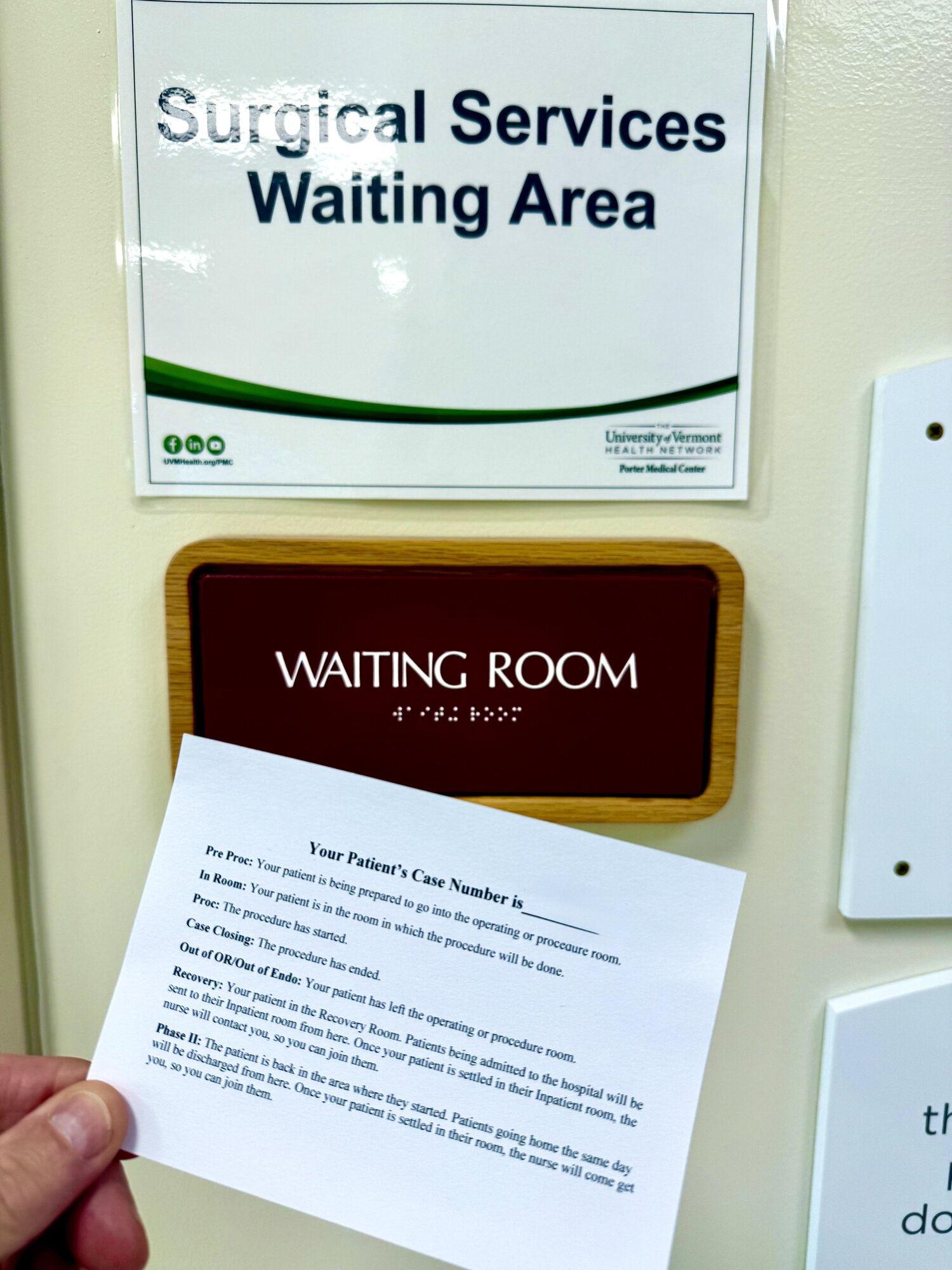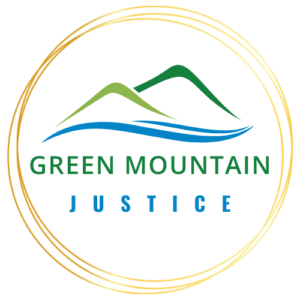Who Shows Up For You?

Who is there for you when you need them? Who shows up to care, celebrate, or provide comfort in those moments when we all need a trusting connection?
Our culture suffers from an epidemic of loneliness and disconnection. Our divisive political climate has us “othering” neighbors with whom we share 99.9% of our DNA. This polarization doesn’t affect everyone equally—it’s always the marginalized who pay the highest price for division.
Privileged communities are made of people who have money and the luxury of time to show up for each other. But the disenfranchised, who have no money and are forced to spend their time just surviving, are often left with no one to show up for them.
Our impoverished neighbors may have access to “human services” or “community resources.” But these labels hide the fact that they’re neither authentically human nor community-based. They’re constructions we developed because our human connections have become transactional, self-centered, and based on the myth of scarcity. In their book “When We Walk By,” Kevin Adler and Don Burnes state it plainly: homelessness and poverty result from our loss of basic humanity and the failure of service systems to whom we’ve outsourced care for our neighbors.
Green Mountain Justice operates on the premise that each person’s inherent worth entitles them to live with dignity. When neighbors call, we don’t automatically reach for forms or start registering them in a system—we listen. We ask how we can be present and helpful. Sometimes that means conversation about a life challenge. Other times, it means helping with a gas card so someone can get their kids to appointments. And sometimes, it means being with them during their most vulnerable moments—in a hospital, on a park bench, or under a highway bridge.
Join us. Connect with someone who desperately needs that connection. Times are hard for too many of our neighbors. You will make a real difference if you’re willing to risk some comfort for the benefit of our shared humanity.
